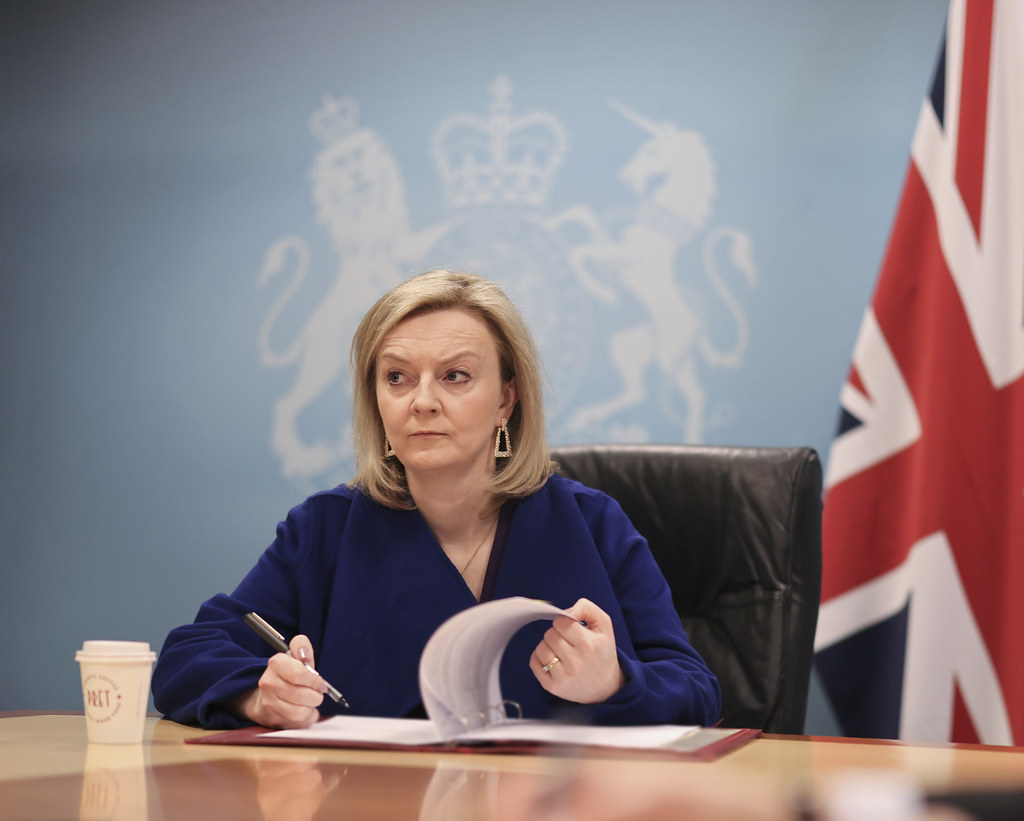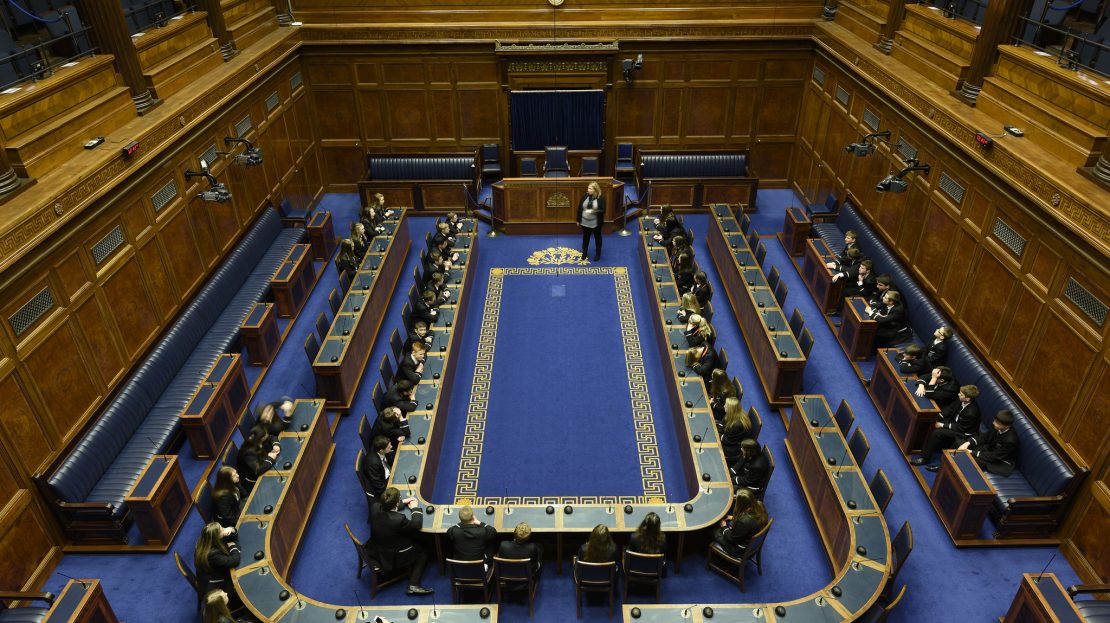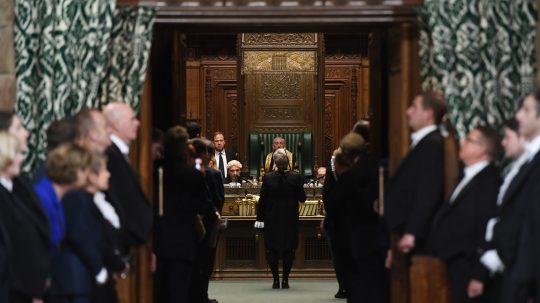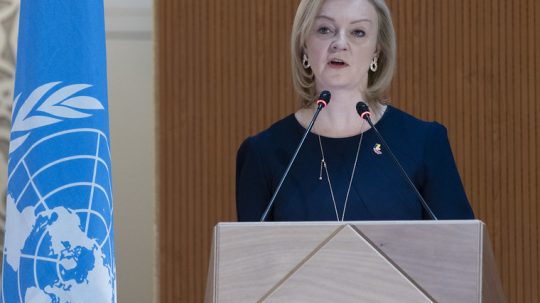The new government has put a halt, for now, to plans to replace the Human Rights Act with a Bill of Rights. The Bill of Rights Bill, put forward by former Justice Secretary Dominic Raab, who was sacked from his post earlier this week, was due to have its second reading in Parliament on 12 September.
It was reported that government insiders said the Bill ‘was poorly drafted and risked being “shredded” in the Lords or amended beyond recognition as it was ‘so wide in scope’. Whitehall sources said the Bill is a “complete mess”, which is “unlikely to progress in its current form”. Though a senior government source said there was little chance that similar legislation would be introduced in Parliament before the next general election, it has been reported that the government remains committed to the ‘principles and objectives’ outlined in the Bill.
Asked whether the Bill would be reintroduced in the current Parliament, the prime minister’s spokesperson said: “A new secretary of state will consider all policies in their area, that will include ongoing bills proceeding through parliament. This is no different.”
Bill was open to criticism even on its own terms
One aim of the Bill of Rights was to give the UK Supreme Court primacy over the European Court of Human Rights (ECtHR), which is based in Strasbourg. Raab claimed this would mean UK courts are “under no obligation to follow Strasbourg case law and are free to diverge from it”.
However, the UK would remain a member of the European Convention on Human Rights (ECHR), which would still be enforceable in domestic law, so people in the UK could still appeal to the ECtHR. Legal experts argued this paradox would likely have meant more findings of incompatibility in practice and more UK cases going to Strasbourg.
Other critics of the Bill pointed out that the rights to free speech and jury trial, which Raab said the Bill would bolster, already exist in UK law. One recent member of the No 10 Policy Unit observed: “When you look at it, it has a number of provisions that look like red meat, but actually, it is a vegan steak”.
‘Anti-rights agenda’ remains
Civil liberties group Liberty, which dubbed the proposed legislation the ‘Rights Removal Bill’, called the development an “incredible victory”. Sanchita Hosali, the chief executive of the British Institute of Human Rights, cautioned that the “danger is nowhere near over”. While she welcomed the news, she said that “there is nothing to suggest that the Government’s anti-rights agenda is dead”.
The new Home Secretary Suella Braverman wrote in July during her unsuccessful campaign to become leader of the Conservative Party that the UK should leave the ECHR, pointing to its role in blocking the UK’s deportation flights to Rwanda. Prime Minister Liz Truss has refused to rule out such a move.





